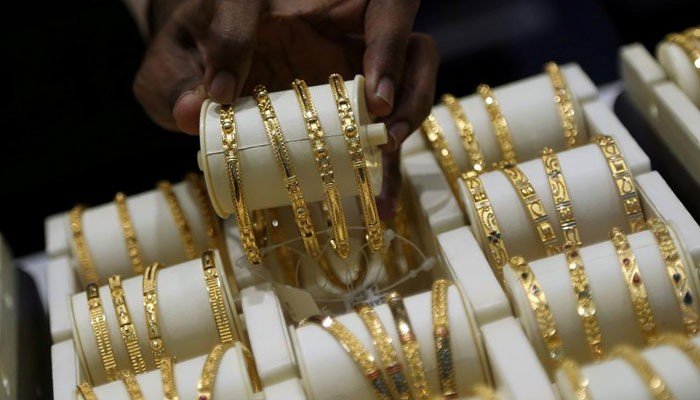ISLAMABAD: The Ministry of Finance has rejected the news regarding the failure of talks between Pakistan and the International Monetary Fund (IMF) and said there was not any deadlock with the IMF.Finance Ministry spokesman Muzammil Aslam, in a statement, said that there was no truth in the news about the deadlock, adding that the talks would resume from Monday and would continue uninterrupted as per the schedule.Aslam said that the date for ending talks was not fixed and the negotiations would continue till the success of the talks.
Finance and Revenue Minister Shaukat Tarin and State Bank of Pakistan (SBP) Governor Reza Baqir were attending meetings in New York, while the finance secretary and his team were engaged for talks in Washington DC as per the schedule, he added.LONDON: A key index tracking the prices of industrial metals, including aluminium, copper and zinc, has struck record heights as soaring energy prices reduces their production.The London Metal Exchange Index reached an all-time peak at 4,623.4 points. It represents a 35-per cent jump for the LME index since the start of the year, while the increase is more than double from March 2020 when the coronavirus pandemic took hold worldwide.
“Rising oil and gas prices are once again putting pressure on energy intensive industries, forcing them to cut production in the face of spiralling costs and creating supply shortages,” said Michael Hewson, chief market analyst at traders CMC Markets UK.Europe’s benchmark gas price has more than tripled in just a few months, while oil futures have surged by around one-third since late August, as economies reopen after the pandemic lockdowns.Electricity costs have also rocketed, causing Nyrstar, a Belgian producer of zinc and other base metals, to cut production at its three European smelters this week by up to 50 per cent, citing “the surge in energy prices”.Zinc’s value has increased by one quarter this week alone to reach a 14-year high at $3,944 a tonne.
Used to galvanise other metals, zinc rallied also on a cut in Chinese production, according to analysts, who point additionally to a drop in the LME stockpiles of the metal over the last six months and which shows no sign of ending.Soaring also is the price of aluminium, used heavily in the transport and construction sectors.The metal this week hit a 13-year high at $3,215/tonne and is less than $200 from the all-time high achieved in 2008.
“Energy accounts for around 40 per cent of the costs of manufacturing aluminium,” Commerzbank analyst Daniel Briesemann said.Copper shinesTin, used in the making of smartphones, hit an all-time high of $37,500/tonne on Friday.A tonne of copper; meanwhile, rose back above the psychological $10,000-mark, having struck a record high of $10,747.50/tonne in May.There have been strong gains also for nickel and lead this week.“The surge in metal prices might continue next week, as the brewing global energy crisis has forced many producers to curtail output,” Oanda analyst Edward Moya told AFP.Runaway prices are; meanwhile, fuelling “inflationary pressures in the metal space and that will become a major headwind for the global economic recovery”, he added.
Also Read: Pakistan Meets IMF’s Sixth Review of Loan Program





